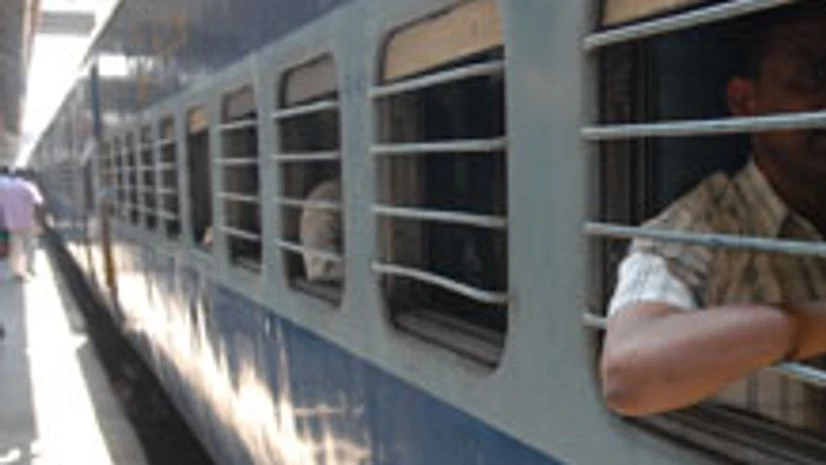A dispute seems to be brewing within the government on whether the proposed Rail Tariff Authority (RTA) should be only an advisory body or vested with the powers to fix passenger fares and freight rates for Indian Railways.
On August 1, the Cabinet had decided that an (RTA)be set up with powers to fix and notify rates. Two months have passed but the railway ministry is still pushing for only an advisory body status for the proposed authority. It has, therefore, approached the law ministry to ascertain if setting up an advisory RTA would require modification to the Cabinet's earlier order.
In a letter to the law ministry, the railway ministry has said the Cabinet had approved setting up an RTA with full powers to fix and notify rates. It had also approved a draft amendment Bill seeking changes in the Railways Act, 1989, for RTA to be a regulatory body, which the letter says "in effect tantamount to vesting in RTA full powers for fixing and notifying tariffs".
More From This Section
| A QUESTION OF POWERS |
Advisory body or regulatory authority?
|
Earlier, when the railway ministry had sought to ascertain from the law ministry if an executive order was enough for setting up the proposed body, the latter had said there was no need for legislation if the tariff authority was going to be merely advisory in nature. A legislative route would, however, be necessary if the proposal was to set up a regulatory body with powers to fix and notify rates.
Official sources told Business Standard the railway ministry was not satisfied with the law ministry's response. So, in another letter, it sought comments on whether setting up RTA as "an advisory body" with the current Cabinet decision would be legally sound or require going back to the Cabinet for fresh approvals. Railway Minister Mallikarjun Kharge and Law Minister Kapil Sibal met on September 18 to discuss legal modalities.
Officials at Rail Bhavan said the final call on whether or not RTA's recommendations should be made legally binding on Indian Railways should remain with the railway ministry, according to the Railways Act, 1989. But the Planning Commission line of conferring tariff-fixing powers on RTA was upheld at a Cabinet meeting on August 1.
"We have always been interested in an RTA that will have full powers to fix and notify tariffs. However, the sticking point has been the extent of the powers of the 'regulatory authority'," said a senior Planning Commission official.
The advisory-regulatory tug of war is all about the extent of powers. The political compulsions demand that the final call be taken by Rail Bhavan. But the draft amendment Bill proposal approved by the Cabinet seeks to modify the Railways Act itself.
One of the important clauses in the approved Cabinet note that defines the powers of RTA calls for a "judicious and transparent methodology" that strikes a "reasonable balance between freight and passenger tariffs". Officials closely associated with the development argued this in substance meant the RTA would have regulatory powers. "If it merely advises, how can it ever strike a balance between freight and passenger fares," asked a senior government official.
Officials have also indicated that there is a strong political pressure to keep the authority as an advisory body and passenger fares out the purview of the authority. However, what has queered the pitch for such forces is the approved Cabinet note empowering RTA to decide and regulate passenger and freight tariffs.
The setting up of a tariff authority aimed to make the process of fixing passenger fares and freight rates immune to political considerations. The approved Cabinet note wanted to introduce rationale into decisions on setting up new projects announced each year in the Union Budget.
RTA's other jobs, according to the approved Cabinet note, was to be to assess the projects announced each year against the Centre's projection of Plan and non-Plan fund requirements. Further, the Cabinet had also empowered the authority to consider investments for expansion and logically assess the cost against quality, also taking into account the economic viability of such operations.
The proposed RTA was to be a five-member body, headed by a chairman. The chairman could not be from the central government, unless he served at the level of a secretary. The other members could be central government employees, while railway officers with commercial experience would also be eligible to be members.

)
